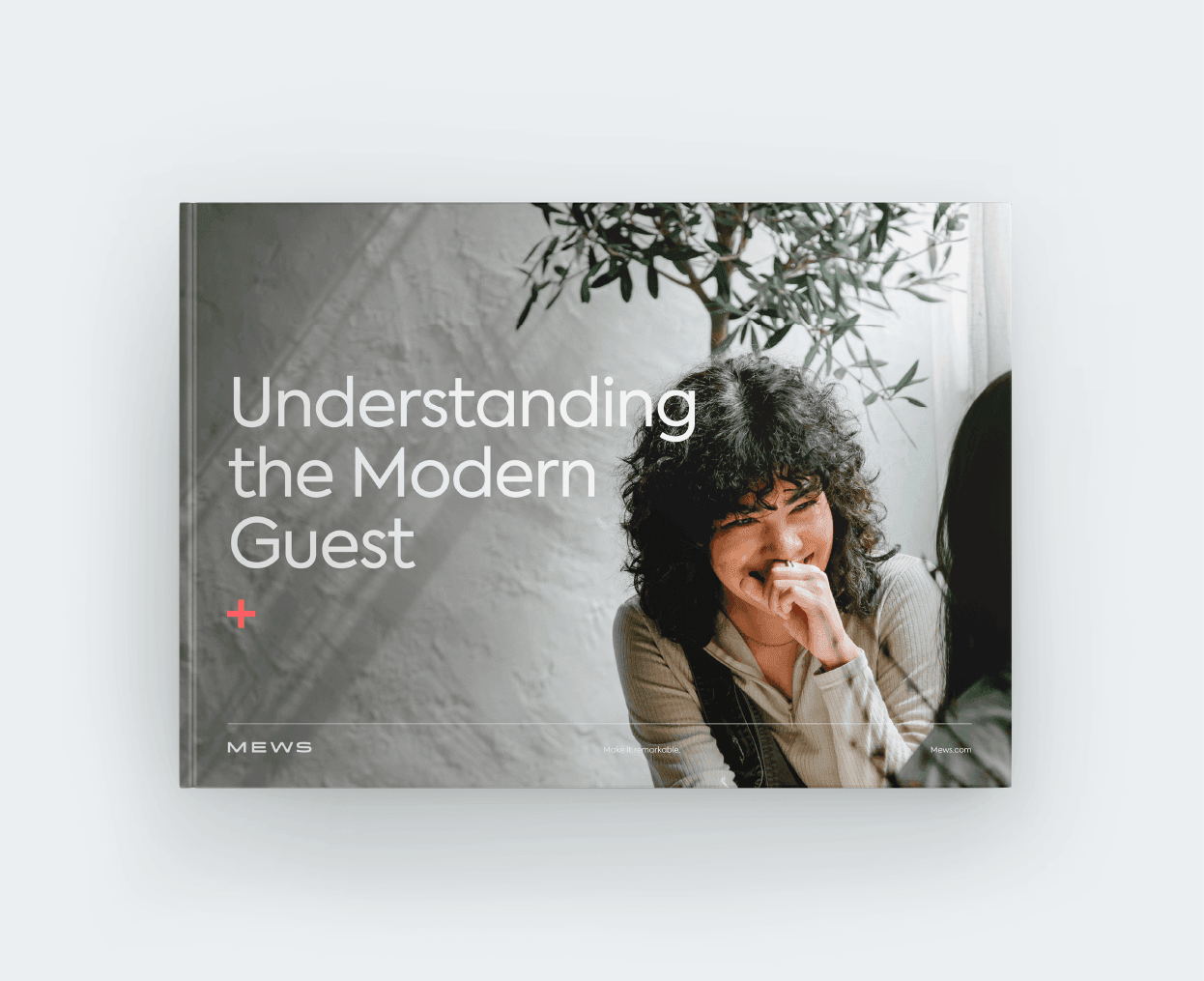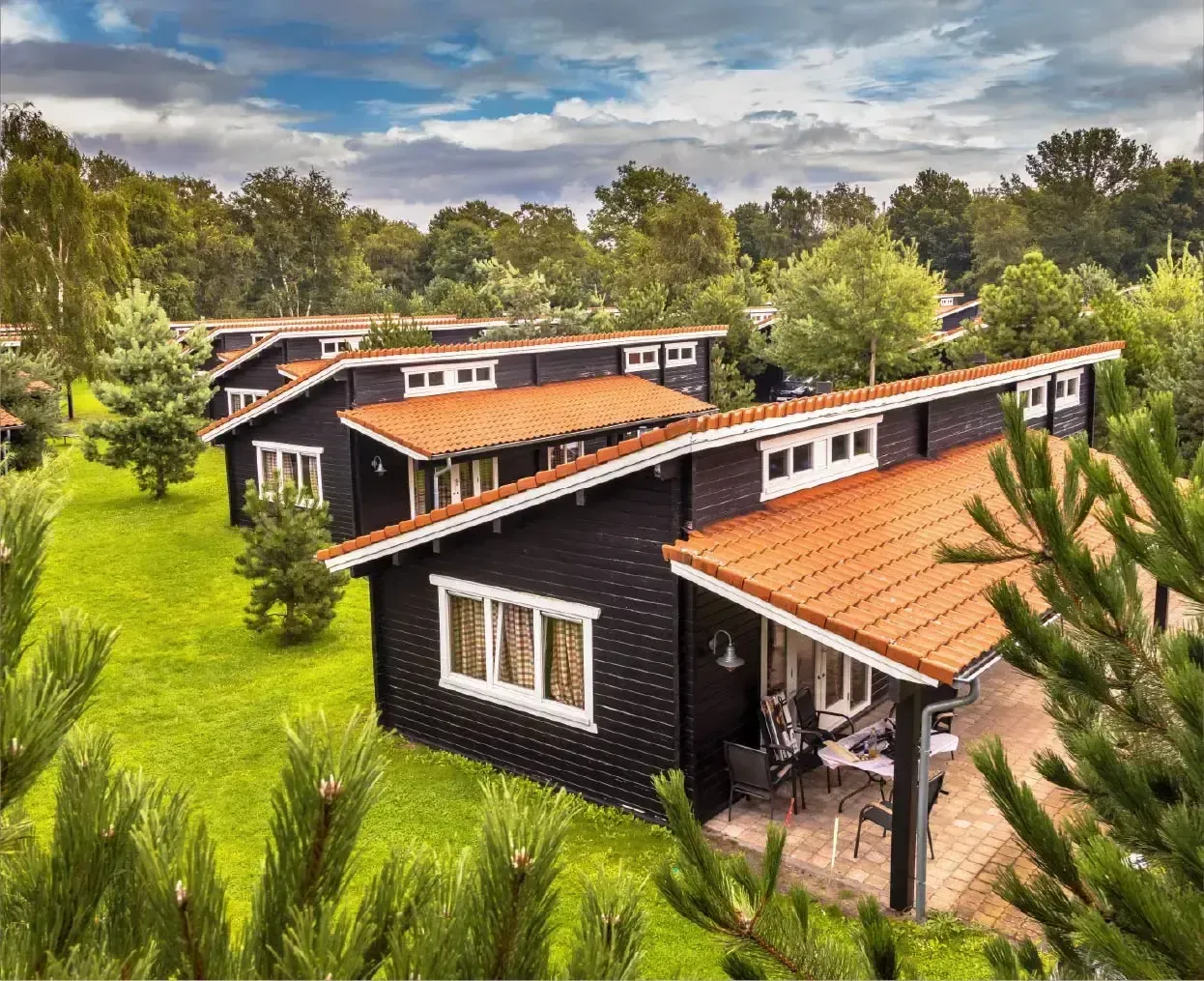Marketing a motel requires a focused approach. With a defined location and a distinct type of guest, motels shouldn't rely on the same strategies used by hotels - what works for one doesn't always work for the other.
To drive more bookings and grow revenue, it's essential to understand who your guests are and what matters most to them. When you align your marketing with their needs, your motel is more likely to stand out and win bookings.
Here are eight effective marketing strategies to help your motel stay competitive in 2025 and beyond.
Effective motel marketing strategies
While you may be familiar with hotel marketing strategies, motels often need a different approach. Here are eight effective ways to drive more bookings and grow your motel business.
Don't shy away from OTAs and other third-party sites
Online travel agencies (OTAs) and metasearch engines like Booking.com, Expedia, and Google Hotels are powerful tools for driving visibility and securing bookings-especially for motels that may not have strong brand recognition. These platforms are trusted by travelers because they offer customer service support, transparent pricing, and verified reviews, which can ease concerns for first-time guests who might hesitate to book directly with an unfamiliar property.
While OTAs do take a commission - typically between 15-25% - they provide access to a much broader audience than most motels could reach on their own. The key is to treat OTAs as one part of a balanced distribution strategy. Relying solely on direct bookings or a single channel makes your revenue vulnerable to fluctuations. A healthy mix of direct, OTA, and metasearch traffic helps smooth out demand and ensures more consistent occupancy year-round.

Make sure you take advantage of digital marketing
Digital marketing is one of the most cost-effective ways for motels to attract new guests and stay competitive. It spans a wide range of channels - including your motel's website, Google listings, paid ads (SEM), organic search (SEO), email marketing, and social media platforms like Facebook, Instagram, and TikTok.
To make these efforts work, it's essential to know exactly who you're trying to reach. Are your guests road-tripping families, solo business travelers, or last-minute bookers? The more clearly you define your target audience, the better you can tailor your messaging and choose the right platforms to reach them.
Effective audience segmentation allows you to run more relevant campaigns - whether that's promoting pet-friendly rooms, offering early check-in for overnight drivers, or highlighting proximity to highways and rest stops. By aligning your content with your guests' specific needs, you'll improve engagement, increase conversions, and see a stronger return on your marketing spend.
Optimize for direct bookings
A key goal of digital marketing is to drive direct bookings through your website. This not only reduces commission fees from third parties but also gives you more control over the guest experience from the moment they land on your site.
Start by using motel management software that includes a built-in booking engine. This allows guests to book instantly without needing to call or email - a crucial feature for travelers booking on the go.
Next, make sure your website is fully optimized for conversions. That means creating a clean, intuitive layout (UI) and a smooth user experience (UX) that makes it easy for visitors to find information, view room options, and complete a booking in just a few clicks. Mobile optimization is especially important, as many motel bookings are made from smartphones.
Finally, boost your site's visibility with strong SEO practices. Use keywords that reflect how guests search - like "affordable motels near I-95" or "pet-friendly motels with parking." The higher your site ranks in relevant searches, the more likely you are to attract direct bookings instead of losing them to OTAs.
Leverage the power of influencer marketing
Influencer marketing is a smart way to boost visibility and build trust - especially among younger or niche travelers. Partner with influencers whose audience matches your motel's location, vibe, and guest profile. For example, a road trip blogger might be ideal for a roadside motel, while a family-focused creator suits motels with kid-friendly amenities.
Micro-influencers (under 100k followers) are often more affordable and have stronger engagement, making them a great option for smaller budgets. Always set clear deliverables in writing - number of posts, platforms, and posting dates - to avoid confusion.
A well-planned collaboration can generate valuable content and help new guests discover your motel.
Social media is key
Social media plays a big role in helping guests discover and trust your motel. It builds visibility, shows off your property, and nudges people closer to booking.
Focus on platforms your target audience actually uses - like Instagram for road-trippers or Facebook for families. Share engaging content such as short videos, guest reviews, behind-the-scenes moments, and special offers. Polls or giveaways can also boost interaction.
Done well, social media isn't just for awareness - it becomes a direct line to more bookings.
Optimize your website
Your website is your motel's digital front desk - it ties together SEO, digital marketing, and direct bookings.
Make sure it's mobile-friendly, easy to navigate, and regularly updated with clear, helpful content. Include strong calls to action, real guest photos, and a fast, seamless booking engine to convert interest into reservations.

Take advantage of Google's tools
Google remains one of the most powerful tools for increasing online visibility. Start by claiming and fully optimizing your Google Business Profile. Include up-to-date contact details, photos, amenities, and a link to your booking page. This helps your motel show up in local searches and on Google Maps - a key channel for road-trippers and spontaneous travelers.
Next, list your property on Google Hotels. This metasearch engine allows guests to compare prices across channels, including your direct site. It's a smart way to compete with OTAs and drive more direct bookings.
Want to attract more guests and boost bookings for your motel?
Download our guide "Understanding the Modern Guest"

Written by

Jessica Freedman
Jessica is a trained journalist with over a decade of international experience in content and digital marketing in the tourism sector. Outside of work she enjoys pursuing her passions: food, travel, nature and yoga.









